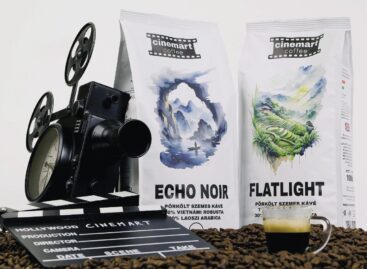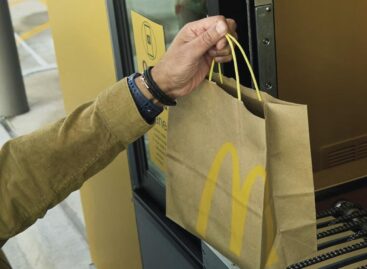Millennials and Gen Zs drive surge in demand for RTD iced coffee
The demand for iced and specialty coffee beverages is experiencing a significant uptick, largely driven by Millennials and Generation Zs, according to a recent report by GlobalData.

“This cohort has a preference for on-the-go beverages with added functional benefits, such as an instant caffeine boost, to help them through their busy daily schedules,” the report said.
The British Coffee Association revealed that approximately two billion cups of coffee are consumed globally each day.
With Gen Z expected to comprise 27% of the workforce in OECD countries by 2025, their growing spending power is anticipated to drive substantial growth in the coffee market.
GlobalData’s Q1 2024 Consumer Hot Topics Survey also found that 31% of Gen Z and 39% of Millennials described their coffee spending as “Very High/Quite High”, compared to 25% for Boomers and 18% for the Silent Generation.
Moreover, leading foodservice companies catering to Gen Z and Millennials have also reported a surge in cold beverage sales.
In 2023, Tim Hortons’ cold beverages accounted for 40% of its sales in Canada, up from approximately 30% four years prior.
Similarly, Starbucks’ cold beverages represented 75% of its US sales in Q3 2023, with cold brews emerging as one of the fastest-growing non-alcoholic drinks on its menu.
With consumers reverting to pre-pandemic routines, the demand for convenient and caffeinated beverages is also rising for extended work or study sessions.
Additionally, cold brews and iced beverages are gaining popularity as healthier alternatives due to their smoother taste, reduced acidity, and higher flavonoid content.
“All these factors are predicted to reduce the demand for hot coffee and tea drinks in the future,” the report noted.
Innovative packaging options, such as single-serve instant coffee “pods”, and new flavor profiles like guarana, acai berry, and ginseng, are also enhancing the appeal of iced coffee for consumers.
Moreover, coffee brands are leveraging social media platforms like Instagram, YouTube, and TikTok to engage directly with consumers.
“This enables coffee brands to influence their consumers’ coffee drinking habits and preferences through direct customer engagement driving product awareness, and brand exposure,” the report said.
Retail Asia
Related news
Hello, who ordered the hamburger?
🎧 Hallgasd a cikket: Lejátszás Szünet Folytatás Leállítás Nyelv: Auto…
Read more >Related news
The Hungarian Food Book is 50 years old
🎧 Hallgasd a cikket: Lejátszás Szünet Folytatás Leállítás Nyelv: Auto…
Read more >NKFH: inspections focus on discount prices and customer deception
🎧 Hallgasd a cikket: Lejátszás Szünet Folytatás Leállítás Nyelv: Auto…
Read more >







